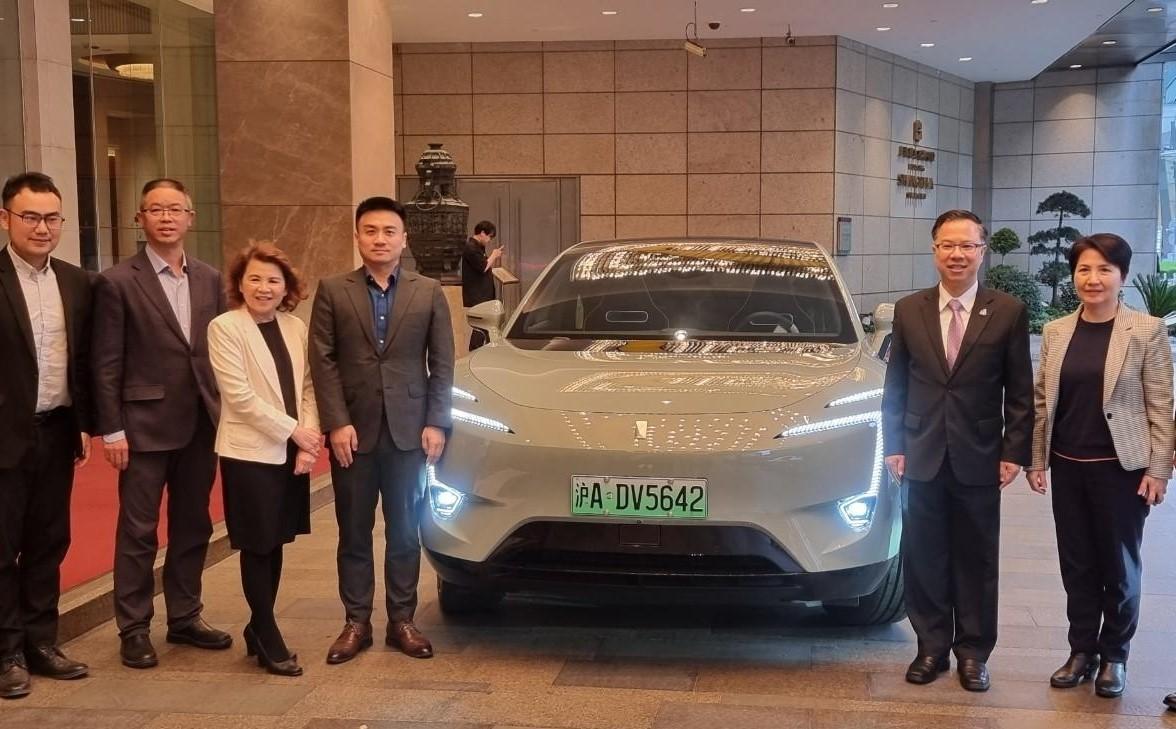
Chinese carmaker Changan Automobile looks set to become the latest electric vehicle (EV) investor in Thailand after announcing a 9.8-billion-baht investment to develop a range of models here.
The Chongqing-based firm plans to make electric vehicles in three categories -- battery EV, plug-in hybrid EV, and range extended EV, also known as REEV -- as well as batteries for domestic sale and export, said Narit Therdsteerasukdi, secretary-general of the Board of Investment (BoI).
"Changan Automobile is confident in its investment and the government's EV policy," he said.
The BoI and Changan Automobile have been discussing an EV investment project in Thailand since 2020. The BoI recently met the company's executives for more talks on the matter.
Earlier this month, the BoI also organised a roadshow in Guangzhou, Shanghai and Shenzhen to invite Chinese businesspeople to invest in Thailand.
Changan Automobile is among the top 20 listed companies in China and ranked 17th in the world in terms of motor vehicle production, according to its website.
The company plans to make 100,000 EVs a year in Thailand, and will export some to other Asean member states, Australia, New Zealand, Africa and the UK.
Changan Automobile, together with GAC Aion -- another Chinese EV maker -- is expected to apply for new investment incentive packages in May this year, the BoI said.
A subsidiary of Guangzhou Automobile Group, GAC Aion earlier announced it planned to spend 6.4 billion baht building an EV factory in Thailand, with a production capacity of 100,000 cars a year.
"Both companies are keen to invest in Thailand. We expect to see them apply for two more new investment projects within the first half of 2023 in addition to their announcements," said Mr Narit.
In 2021, the National EV Policy Committee announced it wanted EVs to constitute 50% of locally made vehicles by 2030, part of an ambitious plan to make Thailand a regional EV production centre.
The cabinet approved a package of incentives last year, including tax cuts and subsidies, to promote EV consumption and production between 2022 and 2023.
Many foreign investors are interested in venturing into the EV business in Thailand, which is among the targeted industries promoted by the government.
The BoI has so far approved 26 EV investment project proposals, valued at 86.8 billion baht, from 17 companies.







